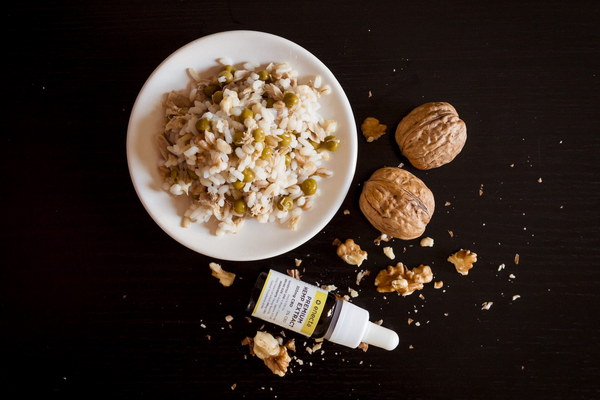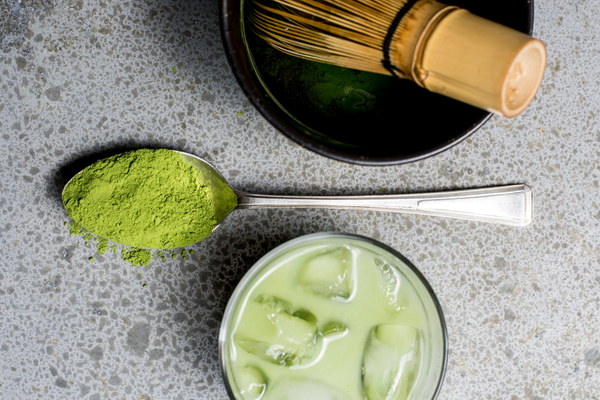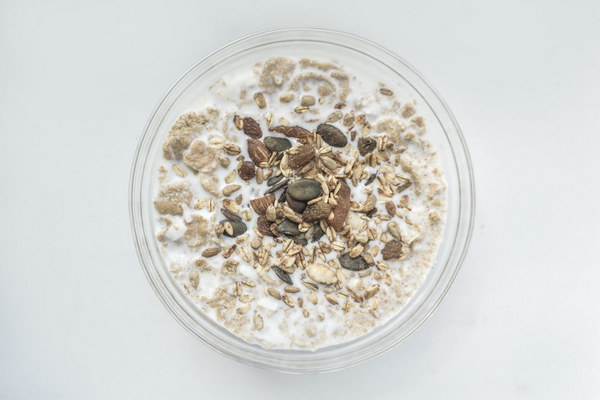Does Kidney Nephritis Require Kidney-tonifying Treatment
Introduction:
Nephritis, also known as glomerulonephritis, is a group of kidney diseases characterized by inflammation of the glomeruli, which are the filtering units of the kidneys. This condition can lead to various complications and affect the overall kidney function. One common question among patients is whether kidney tonifying treatment is necessary for managing nephritis. In this article, we will explore the role of kidney tonifying treatment in the management of nephritis and its potential benefits.
1. Understanding Nephritis:
Nephritis is a complex condition that can be caused by various factors, including autoimmune diseases, infections, and genetic factors. The inflammation of the glomeruli can lead to a range of symptoms, such as high blood pressure, proteinuria, hematuria, and edema. In severe cases, nephritis can progress to chronic kidney disease, requiring dialysis or kidney transplantation.
2. The Concept of Kidney Tonifying Treatment:

Kidney tonifying treatment, also known as kidney replenishing therapy, is a traditional Chinese medicine (TCM) approach that aims to nourish and strengthen the kidney function. This therapy is based on the belief that the kidneys are the root of life and play a crucial role in maintaining overall health and vitality. TCM practitioners often use herbal remedies, dietary adjustments, and lifestyle modifications to enhance kidney function and alleviate symptoms.
3. The Role of Kidney Tonifying Treatment in Nephritis Management:
While kidney tonifying treatment is not a primary treatment for nephritis, it can play a supportive role in managing the condition. Here are some reasons why kidney tonifying treatment might be beneficial for nephritis patients:
a. Alleviating Symptoms: Kidney tonifying herbs, such as Astragalus, Codonopsis, and Rehmannia, are believed to have anti-inflammatory, antioxidant, and immunomodulatory properties. These properties may help reduce inflammation, improve kidney function, and alleviate symptoms like proteinuria and hematuria.
b. Enhancing Immune System: Nephritis can be caused by autoimmune diseases, where the immune system mistakenly attacks the kidney tissues. Kidney tonifying herbs may help regulate the immune system, reducing the risk of autoimmune reactions and improving the overall immune response.
c. Promoting Kidney Repair: Some kidney tonifying herbs are thought to have a protective effect on the kidney tissues, promoting their repair and regeneration. This may help prevent the progression of nephritis to chronic kidney disease.
d. Improving Quality of Life: By addressing the root cause of the disease and alleviating symptoms, kidney tonifying treatment may enhance the overall quality of life for nephritis patients.
4. Considerations for Using Kidney Tonifying Treatment:
While kidney tonifying treatment can be beneficial for some nephritis patients, it is important to consider the following points:
a. Consultation with Healthcare Providers: Before starting any kidney tonifying treatment, it is essential to consult with a healthcare provider, including a nephrologist and a TCM practitioner. They can assess the severity of the disease and recommend the most appropriate treatment plan.
b. Complementary Therapy: Kidney tonifying treatment should be used as a complementary therapy, alongside conventional treatments like medication and lifestyle modifications. It should not replace these treatments without proper medical guidance.
c. Quality and Safety of Herbs: Ensure that the herbal remedies used for kidney tonifying treatment are of high quality and safe. It is advisable to purchase from reputable sources and consult with a knowledgeable TCM practitioner.
Conclusion:
Kidney tonifying treatment, as part of a comprehensive management plan, may offer potential benefits for nephritis patients. However, it is important to consult with healthcare providers and use these treatments under proper guidance to ensure safety and efficacy. By combining conventional and complementary therapies, nephritis patients can improve their kidney function and overall well-being.









